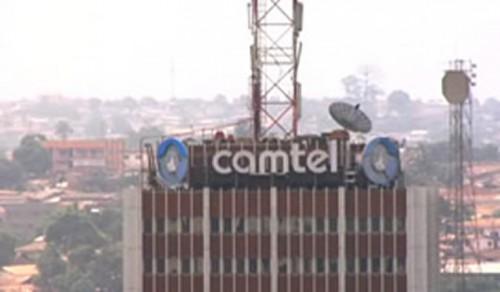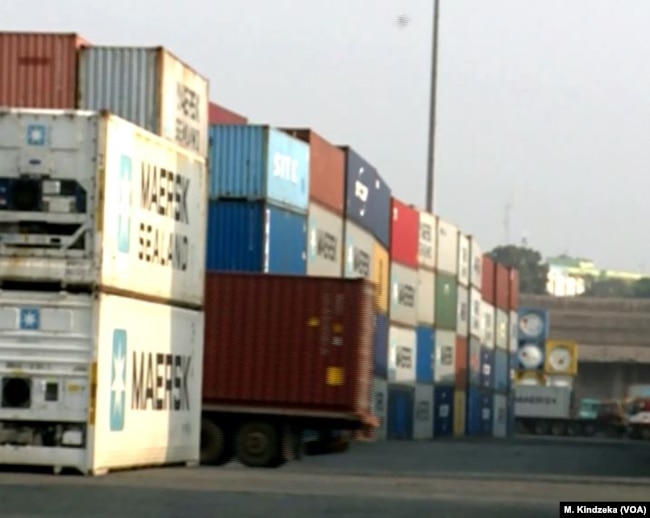22, March 2019
Yaounde: Civil servant’s salaries to delay up to—— 0
March salaries for majority of civil servants may not be paid, Ministry of Finance sources have revealed. Cameroon Concord News gathered that teachers, officers under military, police and the intelligence will all be affected.
The Biya Francophone regime has cited technical failure in an engine room serving the National Center for the Development of Informatics which hosts the computer system managing all public servants data.
Medics and other health workers including officers employed under the numerous ministries created by the Cameroonian dictator will also face one of the longest salary delays to hit the civil service in recent times in the CEMAC region.
Our senior business affairs correspondent in Yaoundé hinted that the ruling CPDM crime syndicate is confronting some difficulties in managing its Payroll Management and Establishment Control system.
Cameroon Intelligence Report sources however said the Beti Ewondo regime has failed to raise sufficient revenue to fund salaries mainly due to depressed economic activities in January and February and the crisis in Southern Cameroons.
As anticipated, the delay to settle civil servant salaries is already breeding ground for corruption. The situation is becoming desperate and civil servants are in the dark about what is happening to their salaries.
“Delays in paying salaries have often offer an incentive to Cameroonian civil servants to engage in corruption and if the current situation does not change, we will see a lot of corruption cases involving government workers” noted a baron of the Biya administration.
By Sama Ernest and Rita Akana in Yaounde



























23, March 2019
CPDM Crime Syndicate: No more takeoff for Camair Co, all aircrafts out of order 0
Cameroon’s airline Camair Co has been in big trouble since the beginning of this year. After the company announced in January that 4 aircrafts of its fleet of 6 got out of order, the remaining two also broke down.
On March 19, the aviation authority instructed Camair Co to stop operating its Chinese MA 60 due to a “Tail Strike” (when the plane’s tail hit the ground) that occurred March 10 at Bafoussam Airport, Western Region. A few days earlier, it was the company’s Bombardier Q400 that broke down, after hitting a stepladder in the parking following a violent storm, sources said.
However, in order to continue ensuring regional and domestic services (with a rate of 100 flights a week), Camair Co is now only using a small aircraft from Brazilian manufacturer Embraer. The aircraft was rented from Equatorial Guinea, we learnt. This situation, let’s recall, occurred when the airlines’ top management was aiming for a soon resumption of flights to Paris, France.
2019 is on the path to be a tough year for Camair Co with serious underperformances. Yet, the company performed well last year, after more than 6 years of difficulties. In January this year, it posted a turnover of XAF1.4 billion, compared to an average monthly revenue of XAF2.4 billion throughout 2018. Executives, who projected figures to further fall to XAF700 million in February due to the suspension of 4 aircrafts, now see a much wider gap for this month and the rest of the year.
Such a drastic underperformance cannot be cushioned unless the government backs Camair Co but the government itself has been facing treasury tensions for the past two years due to increasing security expenses (Boko Haram, Anglophone crisis, unrest in Adamaoua etc.). According to reliable sources, fixing the engines of its two Boeing 737 alone will cost Camair Co a minimum of XAF14 billion.
Source: Business in Cameroon